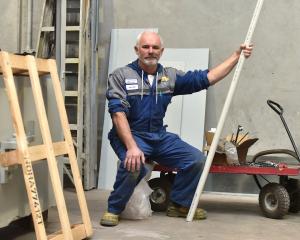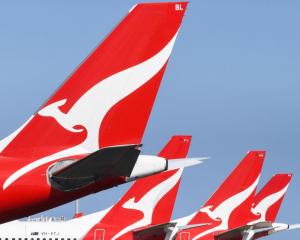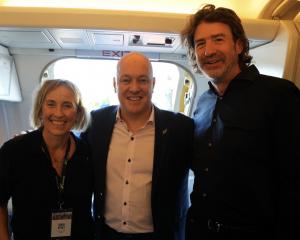European market prices for chilled venison were reported to be up about 5% on last year, with exporters hopeful of reduced competition from European game meat supplies, Deer Industry New Zealand (DINZ) said.
Venison exporters saw the schedule potentially reaching $8kg for 55kg-60kg AP stags, which would be similar to the 2012 national averaged published schedule peak of $7.95 and better than last year's peak of $7.40.
The main factor restraining prices to farmers in the traditional chilled game meat season was currency, with the New Zealand dollar 8.4% stronger against the euro than at the same time last year.
DINZ chief executive Dan Coup said the fundamentals of the European market were looking better, with other red meats steady or firm in price and reports that wild shot game might be less available than last year.
A ''wild card'' was the possible impact of EU sanctions in response to Russia's involvement in the Ukraine civil war, which had consequences for the supply of protein in the European market.
Improved access to China was likely to have a firming influence on prices to farmers ''in due course'', he said.
In DINZ's latest magazine, chairman Andy Macfarlane said it was ''incredibly frustrating'' not to see current venison prices reflecting the medium-term optimism for product returns.
DINZ was finalising its budget for 2014-15 and its major investment would again be product promotion.
The board strongly believed its venison promotions were ''making a difference''.
While some might ''see no light at the end of the tunnel'', DINZ had the benefit of ''looking further ahead'', Mr Macfarlane said.
The recovering market fundamentals, complemented by the hard work of the DINZ executive and exporters, and an expectation the current overvalued exchange rate could not last indefinitely, gave optimism higher prices could be generated while maintaining low volatility, he said.












